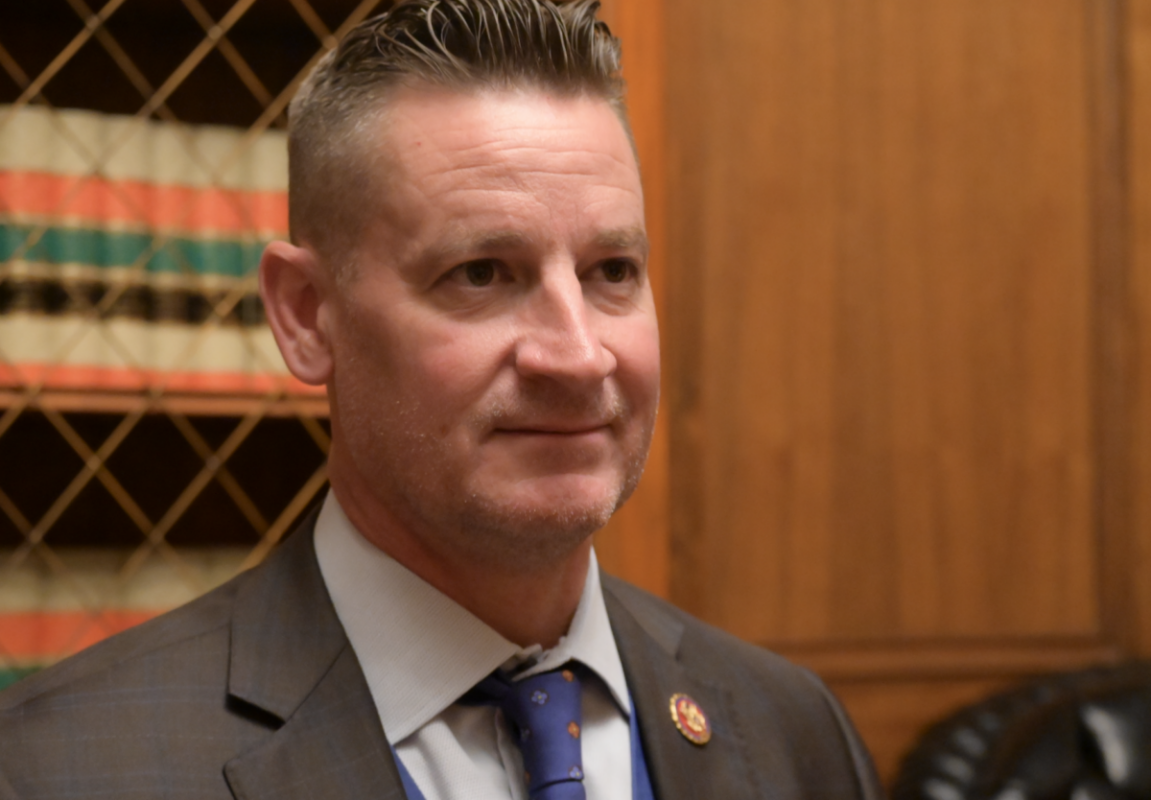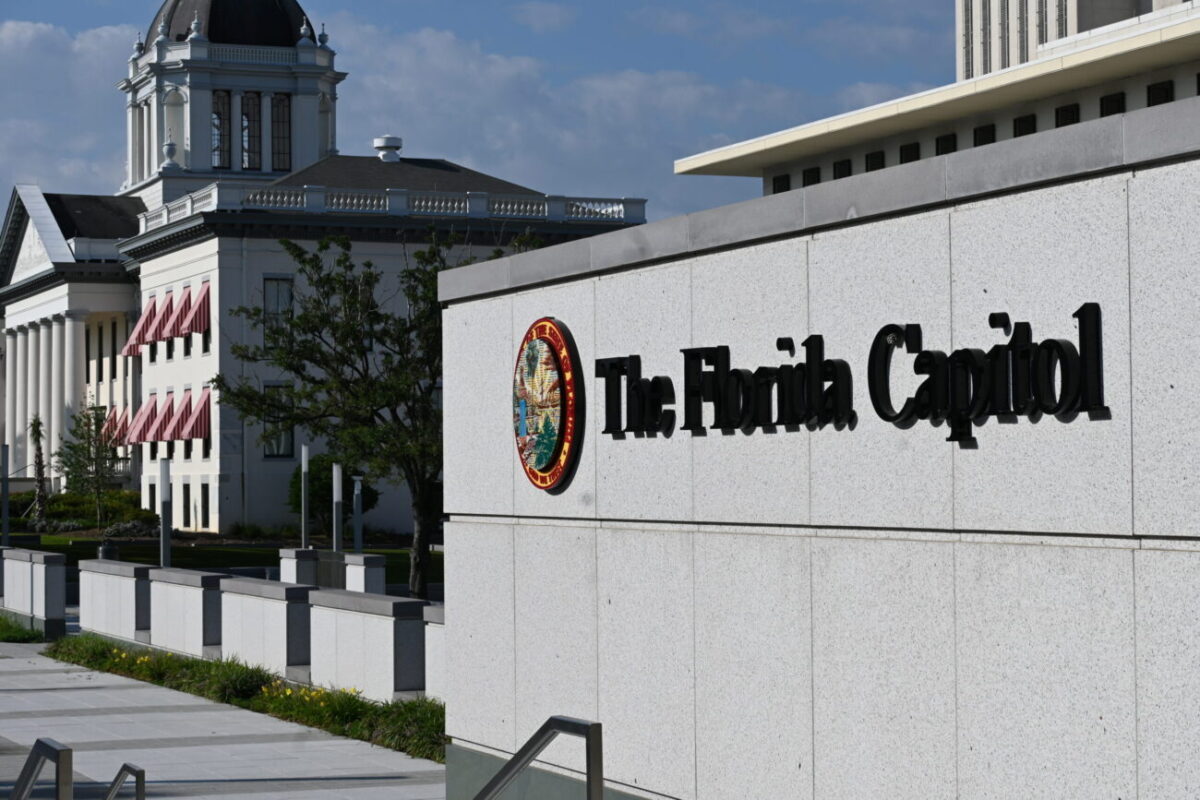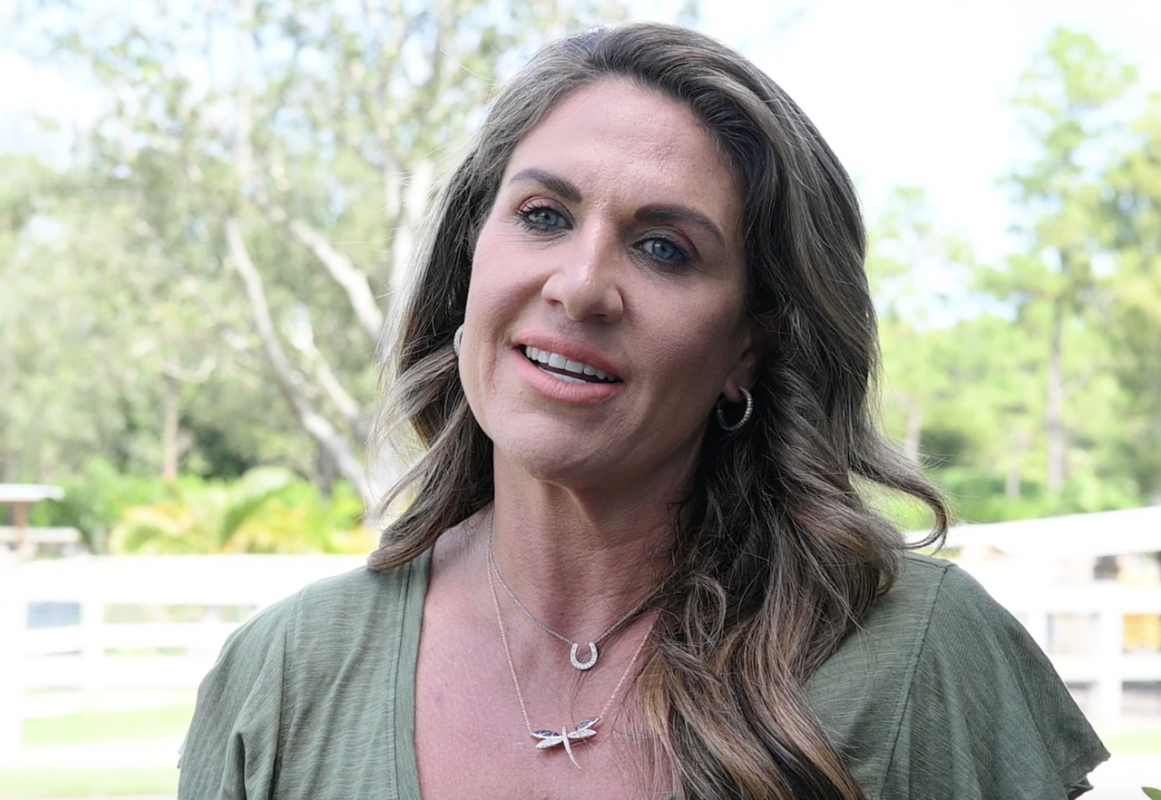By Randy Ray, Chairman of Senior Consumers of Florida
This legislative session, Florida’s elected leaders took a few more steps to consider some other reforms that would eliminate our status as a state of concern in the annual “Judicial Hellholes” report published by the American Tort Reform Association. In 2023, Gov. DeSantis and the legislature passed a legislative package that has begun to restore sanity to the legal process and stop the frivolous lawsuits that were clogging the courts and putting our small businesses on the constant defensive. In turn, those threats were driving prices higher for all consumers but with a particularly strong impact on senior consumers.
Some of the proposals that various legislators proposed were related to third-party financing of lawsuits and also caps on non-economic damages related to medical malpractice lawsuits.
The House Bill that was filed to bring some reasonable regulation to the financing of lawsuits by third parties has pretty much stalled out even though the point of the legislation was a very noble one. Advocates for third-party financing say it is a good idea because is a way for some people who may not have the ability to pay for their own expenses during a lawsuit recovery period to receive a loan to keep the lawsuit going.
However, this one benefit comes at a high cost. Third-party financiers play the odds by keeping lawsuits going even after a sound decision for the plaintiff would have been to take an offered settlement. Financiers can take over other decisions on the direction of the case, ignoring the interests of the plaintiff. Lawsuit financiers have often charged exorbitant interest rates to the point that the plaintiff receives little to nothing from a final award. Also, financial third-party funds can and have been set up to even receive investments from international entities, including foreign governments. The idea that other governments could use our court system to attack our small businesses in Florida should make anyone question this system. The proposed legislation would have required certain public disclosures about the nature of the financing to the court and jury. It also would have placed limitations on the amount of control a financier could have over a lawsuit, and limit the amount of interest a financier could charge a plaintiff.
Another proposed legislative bill would have proposed some caps on awards for medical malpractice. Most significant are caps on awards that can be given to plaintiffs for non-economic damages such as pain and suffering awards. These awards have traditionally been used to inflate the impact of damages. For instance, if a doctor messed up a fingernail re-attachment, a jury could award a very small amount for actual economic damage but might also award a massive amount for some claimed pain and suffering for the injury. Also, it would have eliminated instances where parents collected pain and suffering damages for the death of an adult child. This legislation does not do away with all claims for non-economic damages, but it does provide reasonable caps that can restore sanity to the legal system. Unfortunately, this legislation also is stalled out.
Florida needs the legislature to move forward with these two bills and continue down the road to permanent prosperity. Furthermore, by continuing to lower inflationary costs for seniors and small businesses, Florida’s quality of life will continue to be strong for everyone – especially our senior consumers on fixed incomes.












